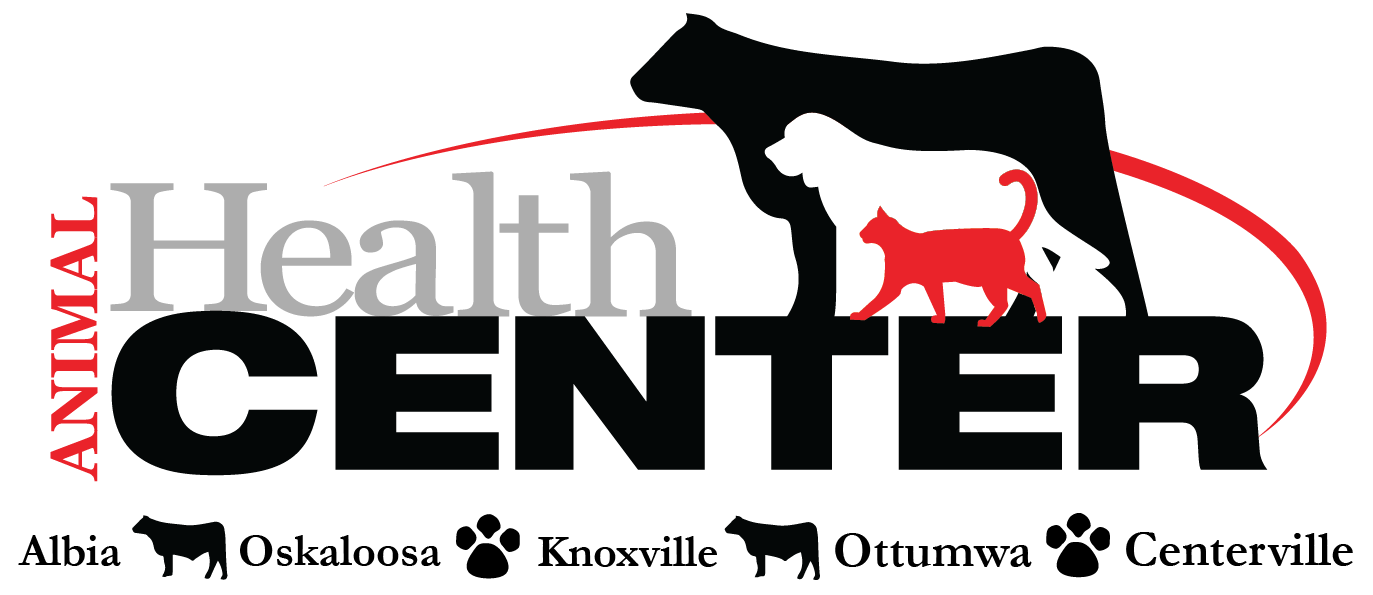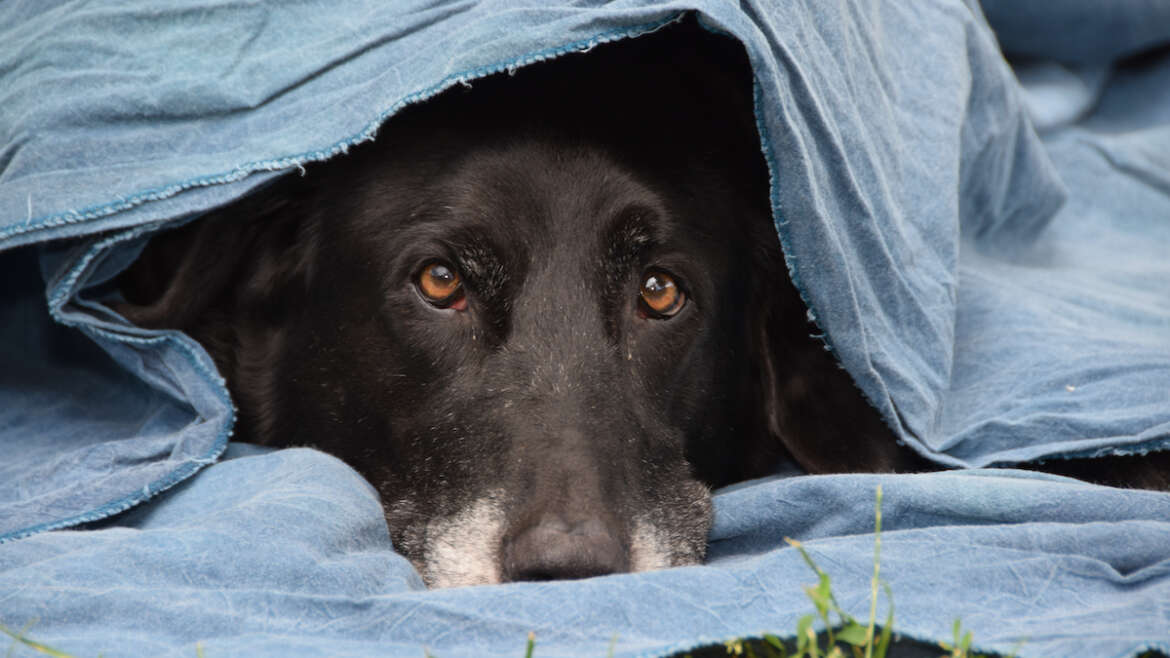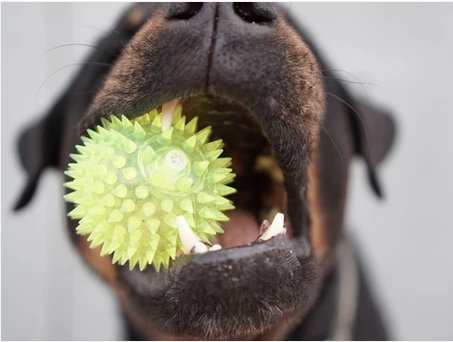While your dog or cat may be a FOREVER puppy or kitten in your eyes, your senior pet’s body may start to face common ailments with age – just like ours. Pet owners often struggle to decipher whether the changes in your dog or cat are a normal part of aging or indications of serious health problems. While cats tend to age more gracefully than dogs, both species need more TLC throughout their golden years.
Here are a few common health concerns to watch out for with your aging pet, so you can work with your veterinarian to help ensure they are as healthy, comfortable and healthy as possible:
Common health problems to watch out for in senior dogs:
- Arthritis – Cartilage between joints acts as a buffer to protect the bones from damage. When that cartilage is damaged it can inflame the joint. Arthritis is the inflammation of one or more joints. It can cause swelling, stiffness and pain. Symptoms may include limping or a change in gait, reluctance to move, aversion to stairs, difficulty standing or walking, and exhibiting pain when picked up. A dog may lick or chew at the aching joint and can show irritability or aggression. There are treatments including drugs and changes in diet and exercise.
- Gum Disease – Gingivitis (gum inflammation) usually precedes periodontitis (gum disease). Gums can become inflamed when mouth bacteria turns into plaque on the teeth. Saliva hardens plaque and creates tartar. Bacteria-laden plaque and tartar on the teeth can spread under the gum line and cause swelling. If not treated, gingivitis can advance to periodontitis, which is when the gums pull away from the teeth. That creates pockets which can become infected and cause bone loss. Symptoms are gums that bleed or are tender, red and swollen. Gum disease can spread infection to the bloodstream and cause serious damage to organs.
- Diabetes – Diabetes is caused from poor production and functioning of insulin, a hormone made by the pancreas. Insulin’s job is to help move glucose from the blood into the body’s cells where it is then used for energy. Diabetes most commonly occurs in dogs at the age of 8 or 9 years old. Diabetes can be hereditary and is more common in females. Dog breeds especially prone to diabetes include Samoyeds, Cairn Terriers, Pugs, Toy Poodles and Miniature Schnauzers. Symptoms of diabetes include frequent thirst and increased urination, weight loss, fatigue, irritability, recurring infections, blurred vision, and slow-healing cuts or bruises.
- Blindness – Although distressing, blindness does not have to drastically change the day-to-day living for your senior dog. Blindness can occur over time in some dogs and is best when caught at the onset when the eyes are just beginning to fail so you can start teaching your dog to rely more heavily on his hearing and other senses of smell and touch. Deteriorating eyesight is part of the normal aging process for dogs. One of the early signs can be cataracts. Cataracts make the eye appear to be covered by a white coating. Other signs of vision loss include bumping into things, falling, dilated pupils and red or irritated eyes.
- Kidney Disease – Kidneys remove waste and maintain balance in the body. When kidneys lose their ability to perform, waste and toxins can build up in the body and wreak havoc. This poisoning of the system is referred to as kidney failure. Many things can cause the kidneys to cease doing their job. It can be a kidney stone that blocked off the urinary tract, or rupture of the bladder, or normal aging of the kidneys. Symptoms of kidney stones in dogs can include drinking more water, urinating more, and having accidents in the house. You may see apathy, loss of appetite, weight loss, vomiting, and brown discoloring on the tongue and the dog may develop an ammonia smell to their breath.
- Cancer – Cancer becomes more prevalent in dogs as they age and is the leading cause of death in senior dogs. Blood tests rarely detect cancer at the beginning stages so it is important to notice if your dog has any lumps or bumps on his body, changes in weight, sores that heal slowly, bleeding from the mouth, nose or ears. You may also see drooling, coughing, excessive panting, difficulty eating, and extreme tiredness. Other things to watch for are diarrhea, constipation, or blood and mucus in the stool. Successful cancer treatment is more likely if it is caught early.
- Dementia – Dementia or canine Cognitive Dysfunction Syndrome (CDS) is a medical condition that causes memory loss, personality changes, confusion and disorientation. Alzheimer’s disease in humans is almost the same as CDS. One of the similarities is that there is no known cause; another is the existence of nerve-damaging protein build-ups in the brain that become waxy and create plaque. Symptoms can include the dog forgetting familiar toys, housebreaking techniques and their owners. Senior dogs with CDS may even forget tricks, their name, and spend long periods of time staring blankly into space. Pacing is also common, as well as other repetitive, compulsive behaviors like walking in circles.
Common health problems to watch out for in senior cats:
- Kidney Disease – Disease affecting the kidneys is a common affliction in older cats. Essentially, the kidneys act as a filter system, removing many of the waste products produced by your cat’s body. Once filtered from your cat’s blood, these waste products are eliminated via the urine. When the kidneys are damaged, either by aging changes or by any other process, the waste products are no longer filtered effectively, leading to a buildup of these products in your cat’s bloodstream. This buildup of waste products in the blood is known as azotemia. Symptoms seen with chronic renal disease include increased thirst, an increase in urine volume, weight loss, a lack of appetite, and vomiting.
- Heart Disease – Heart disease is common in senior cats also. There are many different types of heart disease. One of the most commonly seen in cats is cardiomyopathy, a disease of the heart muscle. Degenerative valvular disease and other types of heart disease can be seen as well. Regardless of the underlying cause, the end result of heart disease is congestive heart failure, or CHF, in which the heart’s ability to pump blood effectively and efficiently is compromised.
- Diabetes – Diabetes results in an increased blood glucose, or blood sugar, level. Risk factors for feline diabetes include being overweight and leading a sedentary lifestyle. Most cats diagnosed with diabetes will require insulin injections. Remission of diabetes is possible when aggressive treatment is instituted early in the disease, before the pancreas becomes “burned out” trying to produce enough insulin to regulate the increased glucose level. If remission occurs, insulin will no longer be necessary. However, if remission is not possible, insulin injections will remain necessary for the remainder of your cat’s life.
- Arthritis – Arthritis occurs more commonly in older cats than many cat owners realize. Unfortunately, the symptoms of arthritis are often mistaken as “normal” aging changes. Arthritic cats often become less active, sleep more, and may not be able to access perches and other elevated surfaces any longer. The pain associated with arthritis can significantly alter your cat’s quality of life if not addressed though.
- Hyperthyroidism – Hyperthyroidism is a disease of the thyroid gland in which excessive amounts of thyroid hormone are produced. The excessive hormone has a number of different effects on your cat. Many hyperthyroid cats display weight loss despite an increased, sometimes even ravenous, appetite. Other symptoms are varied but may include vomiting, diarrhea, increase in water consumption, and increase in urine volume.
- Dental Disease – Dental disease is not specific to older cats. In fact, it is estimated that at least 2/3 of cats over three years of age suffer from dental disease. Needless to say, dental disease can be a serious issue for senior cats. Dental disease is a painful disease that can affect your cat’s appetite and cause weight loss.
- Cancer – It probably comes as no surprise that cancer is also common in older cats. There are many types of cancer that can affect cats. Symptoms will depend on the type of cancer involved.
Your senior pet may be plagued by more than one disease at the same time – some dogs and cats may struggle with several different diseases, making diagnosis and management of these pets more challenging.
Aging cats and dogs require regular veterinary care. All cats and dogs should be examined by a veterinarian at least yearly but, for senior cats and dogs, twice a year may be more appropriate. Most illnesses are easier to treat if diagnosed early. Schedule your pet for regular bloodwork at any of our Animal Health Center clinics to help uncover hidden health problems. Click here and select your preferred clinic location to find our contact info.



